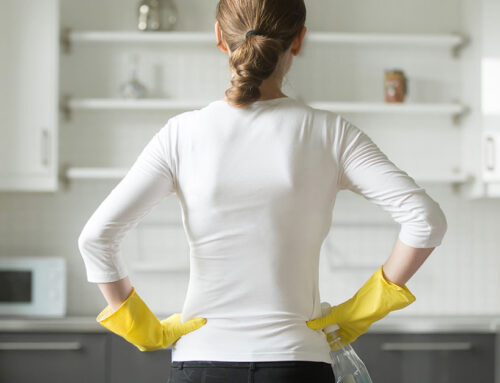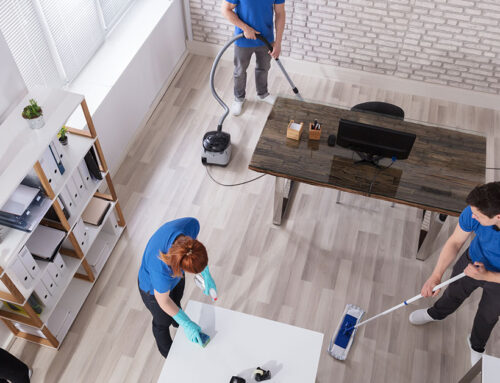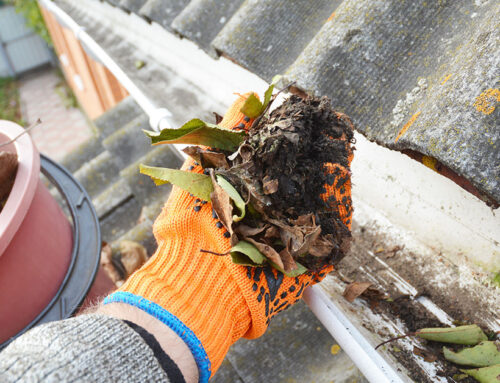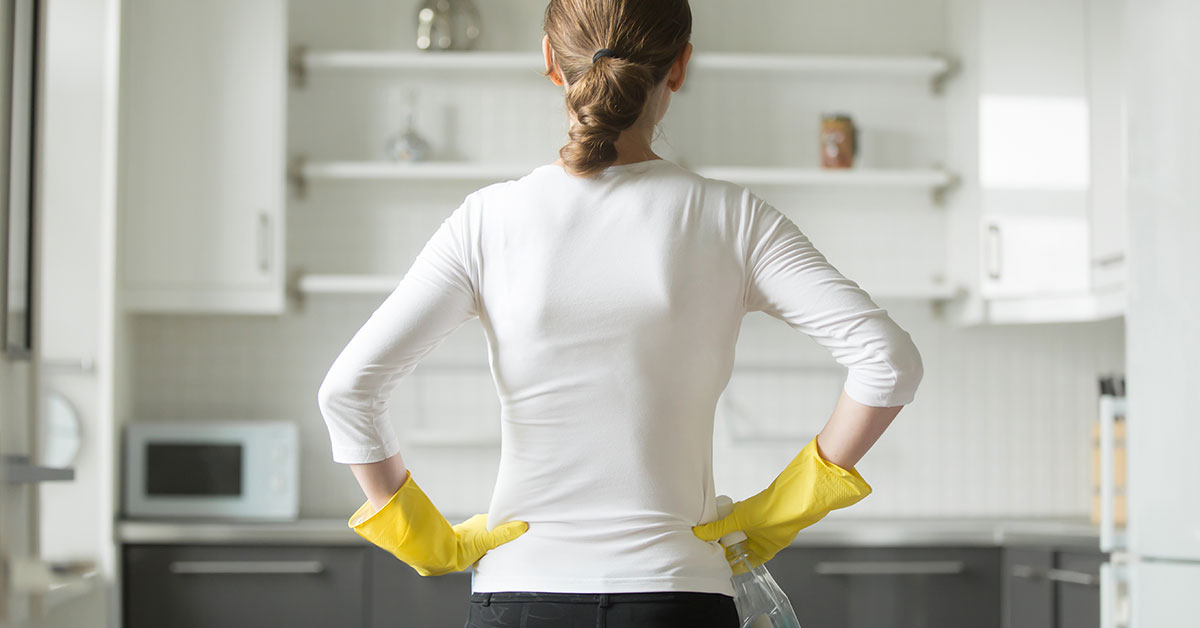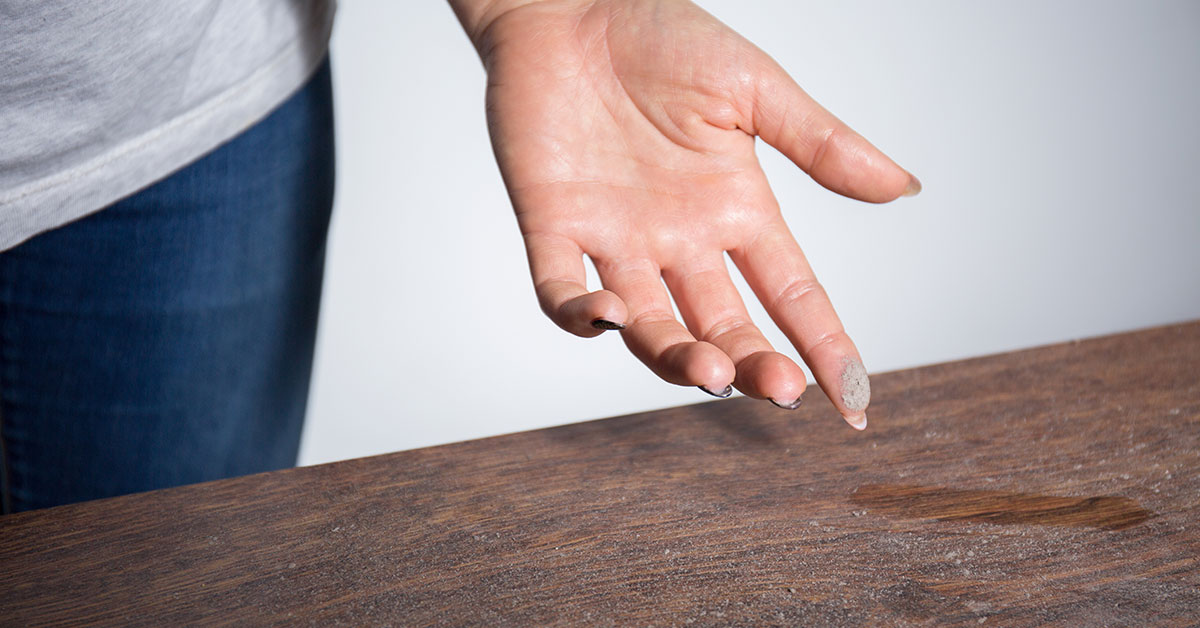
How To Combat Indoor Allergies
[wpsummarize]
As the temperature rises during the spring and summer months, many people like to go outdoors and soak up the sun. Swimming pools are filled with children, and the smell of flowers fill the air. For many, this the most anticipated and exciting time of the year.
But if you suffer from seasonal allergies, the outdoors can be a mine field of allergens, ready to send you into a fit of sneezing and watery eyes.
If this is you, spending time inside might be your only reprieve from the elements. But even if you shut your windows and lock your doors, you may still be exposed to allergens, and you may end up going through just as many tissues indoors as you would outdoors.
To find out how you can keep the sneezing at bay, take a closer look at what’s causing your allergies.
What Causes Indoor Allergies?
From foods to smells, people can be allergic to anything and everything. For the most part, however, symptoms of indoor allergies stem from the same few places. The most common allergens associated with indoor allergies are as follows:
- Pollen: Pollen is the small part of a flower that is sent from one flower to another to help with fertilization. It is usually carried by bugs and the breeze, but it can stick to almost anything that comes in contact with it.
- Mold: Mold is a type of fungus that grows in moist or wet climates. It helps things to decompose.
- Animal dander: Animal dander consists of tiny particles of skin shed by animals.
- Dust mites: These are tiny relatives of the spider. They eat flakes of skin shed by humans or pets.
Six Methods That Combat Allergies
If you plan on spending a significant amount of time indoors, then you’ll want to take a few steps to turn your home into an allergy-free haven.
1. Conquer with Cleaning
In areas that are prone to mildew, mold, and other noxious growths, a judicious application of an anti-fungal cleaner can effectively remove harmful organisms.
2. Vacuum, Dust, and Mop Regularly
Every time we come home, we bring a little bit of the world home with us. Dirt, spores, and pollen clings to our person as go about our daily lives. They settle in our carpets, on our drapes, and collect on our floors. Vacuuming, mopping, and dusting can limit the amount of collection that invades our homes.
3. Decorate Your Home Wisely
Some types of furniture are easier to clean and keep clean. For example, consider purchasing small wooden or cloth boxes to store shoes or other small items. The wood boxes can easily be wiped down; some cloth boxes can be broken down and washed. Wicker baskets, on the other hand, are notorious for collecting dust and dirt, which makes it difficult to remove potential allergens.
Also, avoid carpeting areas that are likely to get wet. Carpets and rugs in the bathroom, kitchen, mud room, or laundry room are magnets for mold. Wherever possible, choose wood, tile or other hard surface flooring. When having your carpets cleaned by McMaid Home Services, request the allergent treatment.
4. Keep the Outside, Outside
House plants can brighten and color a room, but they can also be breeding grounds for mold, mildew, and spores. If you can’t move your plants outdoors, spread aquarium gravel on top of the dirt to keep mold contained.
Whenever possible, keep windows and doors closed, and rely on heating and air conditioning units to keep your house comfortable. Make sure your air ducts are cleaned regularly, your furnace and ac units are serviced annually, and your filters are clean. This will keep your air fresh.
5. Wash Clothing and Bedding
As we sleep, we shed hair, skin, and sweat. Over time, these accumulate in our blankets, sheets, and mattresses. Regularly laundering your bed sheets, pillowcases, blankets and bedspreads can combat allergens hiding in your bed. Your mattress should be cleaned annually.
The same goes for your clothes. If you have a friend, family member, or co-worker who has a pet, it is likely that you have encountered that pet’s dander. You can’t always prevent exposure to these conditions, but you can respond proactively to them by washing your clothes regularly.
6. Ask for Help
In some cases, you may need to talk with your medical professional and consider alternative ways of treating your allergies. Medication may be necessary to get your allergies under control.
Even if you can’t completely stop the allergies from happening, you can take steps to reduce the number of allergens in your home. The above steps are excellent ways to keep indoor allergies to a minimum. However, if you feel that you are unable to perform the level of in-depth cleaning needed. Let the professionals at McMaid Home Services do it for you.
Share this article
A quick overview of the topics covered in this article.


